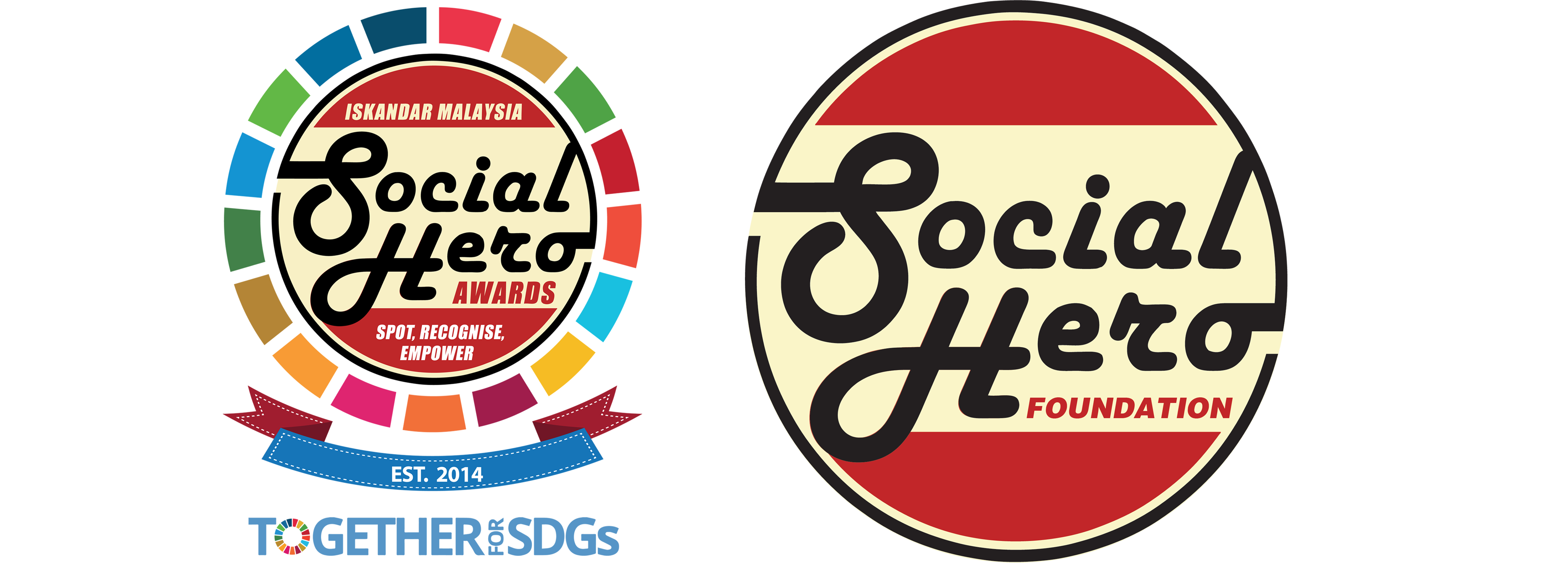
Joseph Chia founded the Companion Animal Rescue Effort Society (CARES) in 2001. The society began with caring for just fifteen dogs that Joseph saved from being put down and housed them at a space in Sengkang, Kulai. In six months, the number rose to 70 as people heard about his efforts and sent dogs there. Today, CARES has three shelters in Danga Bay, Stulang Laut, with their main shelter at Lima Kedai.
“Running an animal shelter with one active member, two workers, and five volunteers across three spaces is not easy,” Joseph admits. Although running operations since 2001 has given him the experience and the insight to keep the gears in motion. He carries a small but overstuffed worn out bag that has almost everything needed to treat dogs. In the beginning, when funds were low, the onus fell on him to think of ways to continue feeding the animals. He even collected leftovers from schools to feed the dogs, as the veterinary authority informed him that it was safe to feed dogs with leftover food.
When he set up the shelter, Joseph was also running a contractor business that was doing quite well. However, being the leader of both organisations became difficult for him. To manage his time better, he had to choose between the two. His decision took a toll on his income and he had to sacrifice his meals and haircuts to have enough to feed the animals. Once, while driving from the shelter deep into the plantation area, his rusty Unser broke down and he had to spend the night in the woods.
Sullenly, Joseph explained that there were people who did not understand the condition he was in and accused him of stealing the donations meant for the animals. He admitted to having used some of the money for his meals and petrol, for he did not have a job. What they did not see was that the time he put in was not compensated or reimbursed. If he could not take care of his basic needs, how could he care for the animals?
“Do not do it alone,” Joseph said when talking about lessons from running an NGO. “If you are tired, ask someone else to do it and take rest. When you are rested, come back.”
Currently, CARES takes in five animals per week. These animals are from a responsible group of owners – those with valid reasons for giving up their pet dogs. When they do send their dogs to him, he requests for a one-time donation to cover fees for neutering, medication, and transport.
Animals that come into his shelter are restrained for at least two months so they learn to recognise the space as their new home. He learnt to do this after a dog, which was chained for less than two months, escaped and made her way back home – a journey that took her one month to walk from Lima Kedai to Kulai!
He hopes to find “new blood” to do what he does, so he can retire to resume his business. For now, he does not foresee anybody else with the same dedication as he has. “Nobody wants to be a part of a society which doesn’t have monetary benefits,” he said.
On top of that, shelters cannot keep up with the increasing number of animals being sent to them. He urges the authorities to have a prevention policy on responsible ownership. Nobody should be able to simply adopt a dog without proper screening processes. He cited countries where stores selling animals did not exist, and how, in countries like Turkey, people were compassionate animal lovers



